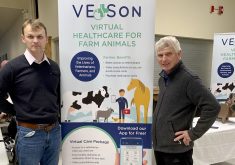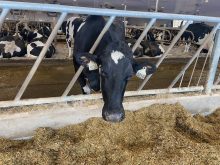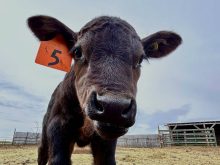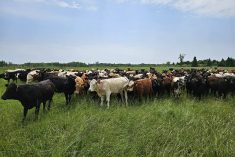On-farm animal health is linked closely to the attitudes and behaviour of farmers, say animal health researchers.
Dr. Katherine Koralesky, a post-doctoral research fellow at the University of British Columbia’s Animal Welfare Program, explained the importance of human attitudes to livestock well-being during the Animal Health Canada forum in Ottawa last month.
Koralesky said research shows that “the people who are involved in the management practices have a really large impact on animal health and welfare outcomes.”
Read Also
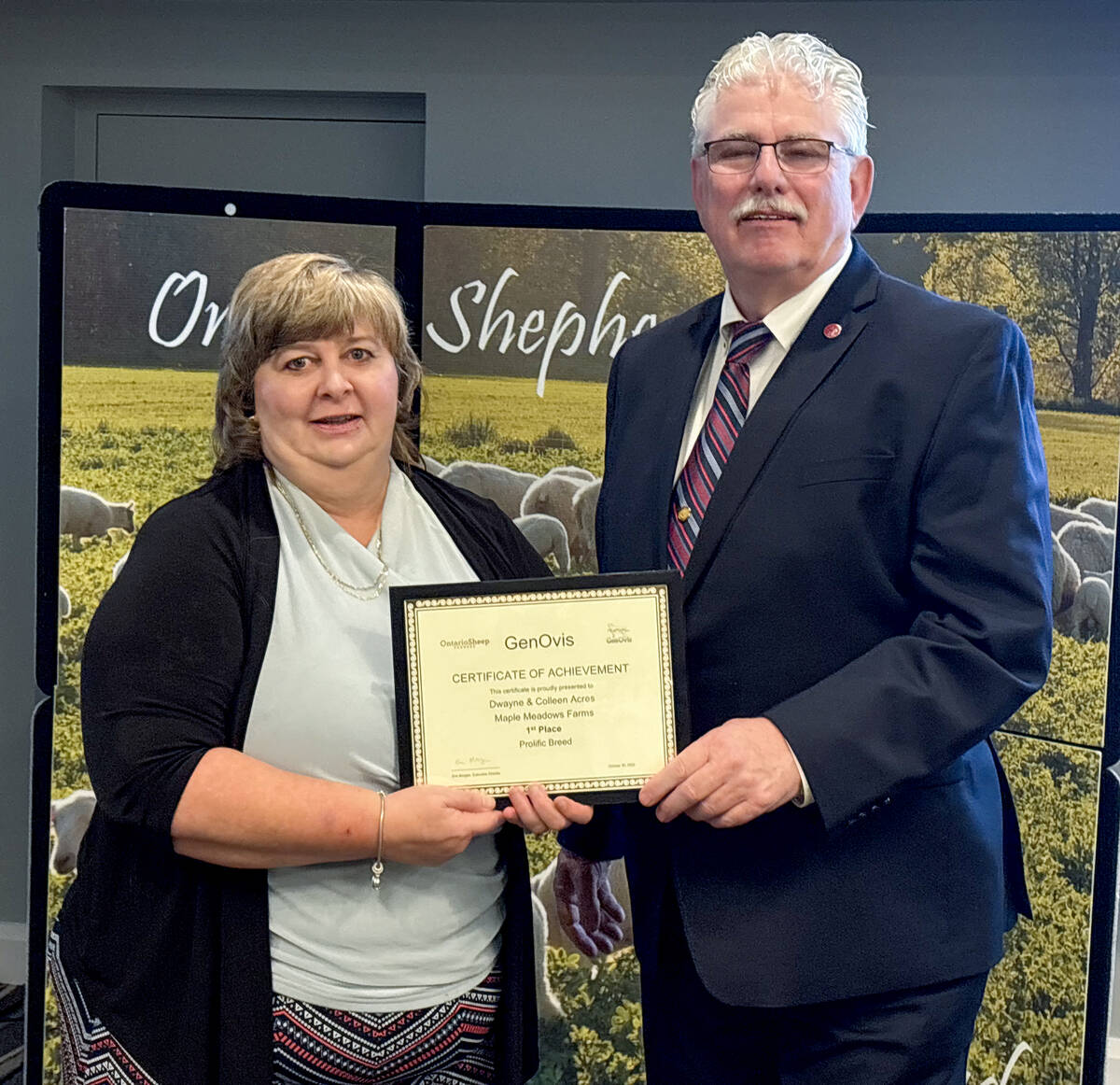
GenOvis awards presented at Ontario Sheep Farmers’ annual meeting
Producers and youth were recognized for their contributions during the Ontario Sheep Farmers’ annual GenOvis and leadership awards.
This raises the question of how to translate that research into practice to benefit farm animals.
“Part of this is about acknowledging the practicalities of caring for animals,” said Koralesky. “So, day to day, people care for animals in different settings as well. … And then also, we have many different policies and practices and codes that are also playing a role in influencing that work that it’s done.”
Reliance on tradition and reluctance to change certain practices can harm livestock in the long run, she added. There can also be a problem of cognitive dissonance on farms, when changes are suggested that are difficult to implement or go against the farmer’s usual practices.
“A farmer might say, ‘oh, well, I see that point … but I have this huge project right now, and I just need to finish that first before I even think about making that change. Or I just don’t have the staff right now, and I can’t really make that change at this time’.”
The solution is for parties to better understand farmer motivations, goals and values in order to create better guidelines, she said.
Dr. Caroline Ritter, Canada Research Chair and assistant professor at the University of Prince Edward Island, gave the example of a study conducted on a P.E.I. farm with many overweight horses.
“Being overweight, similar to humans, is associated with a bunch of different health conditions and health risks for horses,” she said. “We wanted to understand, so why was this happening? But instead of looking at daily calorie intake in the horses, we wanted to understand the human dimension.”
The study found that producers had difficulty assessing horses’ weight and understanding the healthy weight range.
“Specifically, they were more likely to justify an overweight horse,” Ritter said, adding that emotion and the producers’ values were key to better understanding.







